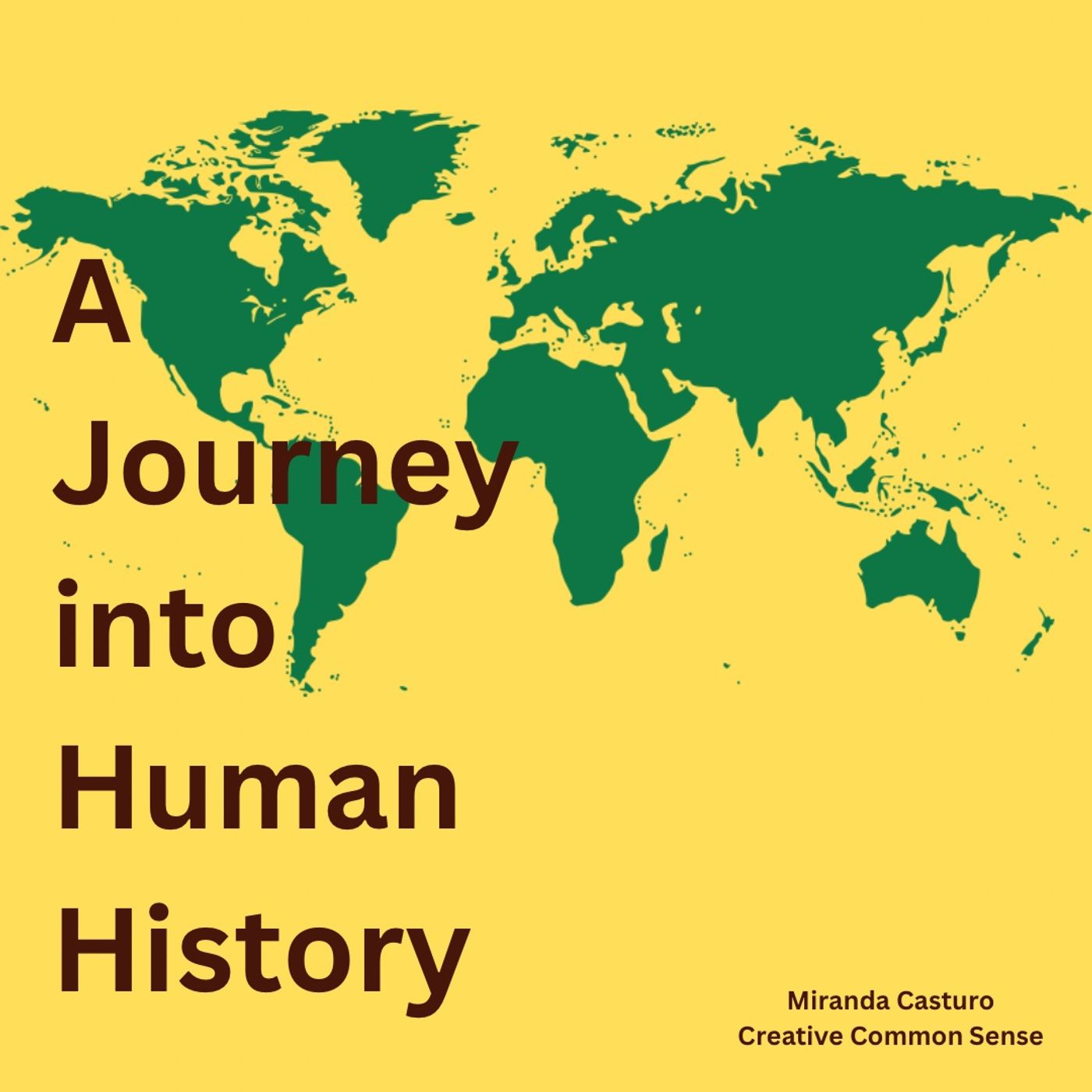The Long-Term Effects of the Global Transformation during the 14th Century
Description
The challenges and crises of the fourteenth century generated many social and cultural changes as the societies of Afro-Eurasia sought to recover and rebuild. The Ming dynasty represented an era of introspection during which traditional practices and beliefs such as Confucianism were reestablished to shed China of Mongol influence. Islam continued to expand across central Asia and North Africa, incorporating many new cultural traditions and regions into the community of believers. In Europe, growing anxiety about the church’s leadership led to further stirrings of reformation that crystallized in the sixteenth century. While England and France squared off in the battles of the Hundred Years’ War, peasants acquired some status and power as feudalism declined across western Europe. In each of the regions of Afro-Eurasia, the challenges of the fourteenth century created a climate of change that laid the foundations of the modern world.
All images referenced in this podcast can be found at https://openstax.org/books/world-history-volume-1/pages/16-4-the-long-term-effects-of-global-transformation
Welcome to A Journey into Human History.
This podcast will attempt to tell the whole human story.
The content contained in this podcast was produced by OpenStax and is licensed under a Creative Commons Attribution License.
Access for free at https://openstax.org/books/world-history-volume-1/pages/1-introduction
Podcast produced by Miranda Casturo as a Creative Common Sense production.
More Episodes
Over the course of the eighteenth century, a series of famines and economic crises deepened wealth inequality and narrowed access to political power on both sides of the Atlantic. As the growing influence of the public sphere and Enlightenment ideas of equality and liberty shaped opposition to...
Published 12/25/23
Published 12/25/23
Over the course of the seventeenth and eighteenth centuries, the public sphere became an increasingly important component in the spread and development of Enlightenment ideas. As networks of informal socialization and intellectual exchange, coffeehouses provided a setting in which people from all...
Published 12/22/23


